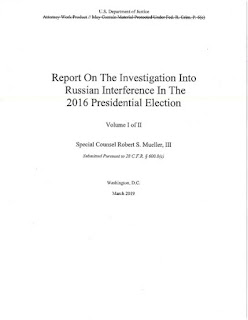Nicholas Johnson
The Gazette, July 7, p. D2
Democrats have 13 categories of challenges Nov. 3, 2020. ("Why Trump May Win,” May 29, 2019). One of the 13 was on display at The Gazette/Iowa Public Radio’s June 20 Pints & Politics: Why 23 outstanding, qualified candidates are as much curse as blessing. Ben Kieffer asked the 150 politically savvy attendees to applaud if they’d picked their candidate. Only one did. Everyone else clapped for “haven’t picked one.” Two debate nights later many remain undecided. [Photo credit: Nicholas Johnson, Pints & Politics audience, Big Grove Brewery, Iowa City, June 20, 2019.]
Followers of the 22 “losers” may lack enthusiasm for the ultimate winner. What to do? How about this: Have all 23 individually pledge that if they win, they will offer an appropriate, important position in their administration to each of the 22 former candidates who want one (e.g., White House, cabinet, major agency, ambassadorship). They can all have offices, though only one is oval. In other words, we kind of elect all of them. Would that make you more enthusiastic for the winner if your choice loses? What do you think?
Nicholas Johnson
Iowa City
Everybody Gets an Office
Nicholas Johnson
Iowa City Press-Citizen, June 26, 2019, p. A7
Democrats have 13 categories of challenges Nov. 3, 2020. See “Why Trump May Win.” One of the 13 was on display at a recent local gathering of 150 politically savvy folks: Having 23 outstanding, qualified candidates is as much curse as blessing. The host asked the group to applaud if they had picked their candidate. Only one person responded. Everyone else clapped when asked if they “hadn’t yet picked one.”
Followers of the 22 “losers” may lack enthusiasm for the ultimate winner. What to do? How about this: Have all 23 individually pledge that if they win they will offer to each of the other 22 an important administration position (for which they are qualified) to every former candidate who wants one (e.g., White House, cabinet, major agency, ambassadorship). They all get offices, though only one is oval. In other words, we kind of elect all of them. Would that make you more enthusiastic for the winner if your choice loses? What do you think?
Nicholas Johnson
Iowa City


























